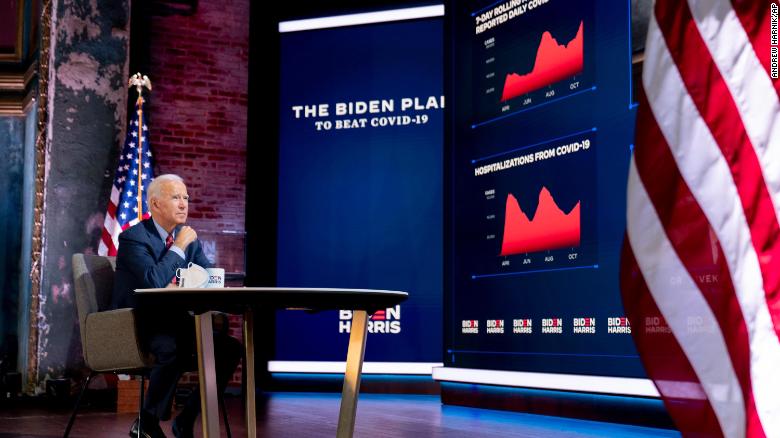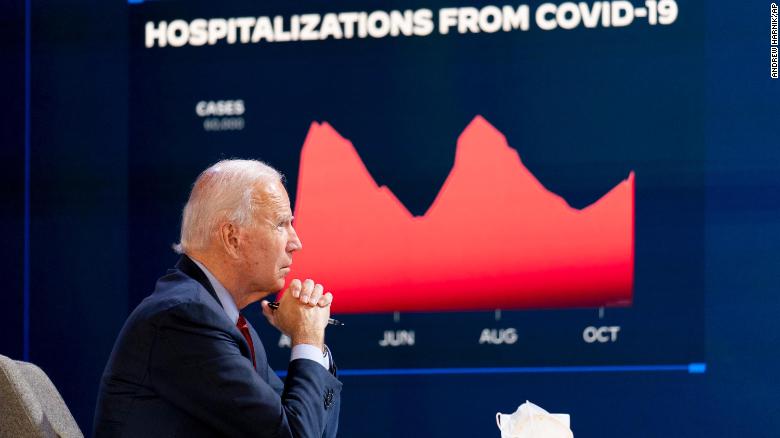Black amputees face challenges and increased costs for prostheses
Crystal Goomansingh

Crystal Goomansingh

© Getty Image/File Prosthetic limbs are most often made in a singular skin tone.
Overcoming a life-altering injury, an amputation or disfigurement is a challenge for anyone, but perhaps a little more so for people of colour.
Depression and fear overwhelmed John Sunday's younger brother Michael after his accident. The young Nigerian man was struggling not only with the trauma of losing several fingers but with his prosthesis -- it was white.
"His behaviour changed. This guy is not happy. God forbid he could have taken his life maybe so I had to do something fast and quick. So that's where my inspiration came from," said Sunday.
It took many attempts and countless hours but the trained artist managed to make a hand that looked like his brother's.
Read more: Saskatchewan teen amputee finds passion in music, constructs device to play guitar
Now, from his company Immortal Cosmetic Art in Nigeria, Sunday creates a variety of body parts and has clients in Italy, Germany, China and across Africa -- nearly all Black. He says his business is growing for two main reasons.
"I'm a Black man and I understand at least a little more of the Black skin tone, that's one. Secondly, it's closer [for clients] to have this access to my company," Sunday said from Uyo, Nigeria in an online video interview with Global News.
He says he sees the power of his craft -- especially helping Black individuals, as there are many options for white amputees.
Read more: Want to support Black people? Stop talking, start listening
Prosthetics are made by different companies all over the world.
Depending on the skin colour of the individual and what options the manufacturer offers, a custom paint job might be required or a specific shade of cloth for a sleeve might be needed to cover an attachment and that means a higher price tag.
In Ottawa, Annelise Petlock leads the advocacy program at War Amps and says more needs to be done to support amputees.
"You should be able to get a limb that matches your skin tone, that allows you to replicate some of the function that you've lost.
"I think you should be able to have something that maximizes the functionality, and right now, the way that the funding is across the country ... you don't. We're being restricted -- amputees are being restricted by the lack of funding," said Petlock.
Read more: Teen builds his own robotic prosthetic arm using Lego
In Canada provincial health-care coverage is not universal.
According to War Amps, Newfoundland and New Brunswick do not have any funding for artificial limbs unless the individual is on social assistance and the agency says the maximum provincial contribution is often not enough to cover the prosthesis.
In Quebec and Ontario provincial funding is available but the fee schedules are not regularly updated and so the 75 per cent coverage offered in Ontario may not even cover half the cost.
An artificial limb can cost tens of thousands of dollars depending on the individual's size and weight, and more than one might be needed over the years.
Read more: No solution yet for injured veterans forced to repeatedly prove amputated limbs are still missing
Petlock says many Canadian amputees end up resorting to fundraising.
As for Sunday, he says he feels a lot of joy from his work -- his clients hug him for a long time and appreciate how he is able to capture their colour.
While he still loves his other art forms, Sunday says this one is changing lives.
Overcoming a life-altering injury, an amputation or disfigurement is a challenge for anyone, but perhaps a little more so for people of colour.
Depression and fear overwhelmed John Sunday's younger brother Michael after his accident. The young Nigerian man was struggling not only with the trauma of losing several fingers but with his prosthesis -- it was white.
"His behaviour changed. This guy is not happy. God forbid he could have taken his life maybe so I had to do something fast and quick. So that's where my inspiration came from," said Sunday.
It took many attempts and countless hours but the trained artist managed to make a hand that looked like his brother's.
Read more: Saskatchewan teen amputee finds passion in music, constructs device to play guitar
Now, from his company Immortal Cosmetic Art in Nigeria, Sunday creates a variety of body parts and has clients in Italy, Germany, China and across Africa -- nearly all Black. He says his business is growing for two main reasons.
"I'm a Black man and I understand at least a little more of the Black skin tone, that's one. Secondly, it's closer [for clients] to have this access to my company," Sunday said from Uyo, Nigeria in an online video interview with Global News.
He says he sees the power of his craft -- especially helping Black individuals, as there are many options for white amputees.
Read more: Want to support Black people? Stop talking, start listening
Prosthetics are made by different companies all over the world.
Depending on the skin colour of the individual and what options the manufacturer offers, a custom paint job might be required or a specific shade of cloth for a sleeve might be needed to cover an attachment and that means a higher price tag.
In Ottawa, Annelise Petlock leads the advocacy program at War Amps and says more needs to be done to support amputees.
"You should be able to get a limb that matches your skin tone, that allows you to replicate some of the function that you've lost.
"I think you should be able to have something that maximizes the functionality, and right now, the way that the funding is across the country ... you don't. We're being restricted -- amputees are being restricted by the lack of funding," said Petlock.
Read more: Teen builds his own robotic prosthetic arm using Lego
In Canada provincial health-care coverage is not universal.
According to War Amps, Newfoundland and New Brunswick do not have any funding for artificial limbs unless the individual is on social assistance and the agency says the maximum provincial contribution is often not enough to cover the prosthesis.
In Quebec and Ontario provincial funding is available but the fee schedules are not regularly updated and so the 75 per cent coverage offered in Ontario may not even cover half the cost.
An artificial limb can cost tens of thousands of dollars depending on the individual's size and weight, and more than one might be needed over the years.
Read more: No solution yet for injured veterans forced to repeatedly prove amputated limbs are still missing
Petlock says many Canadian amputees end up resorting to fundraising.
As for Sunday, he says he feels a lot of joy from his work -- his clients hug him for a long time and appreciate how he is able to capture their colour.
While he still loves his other art forms, Sunday says this one is changing lives.











